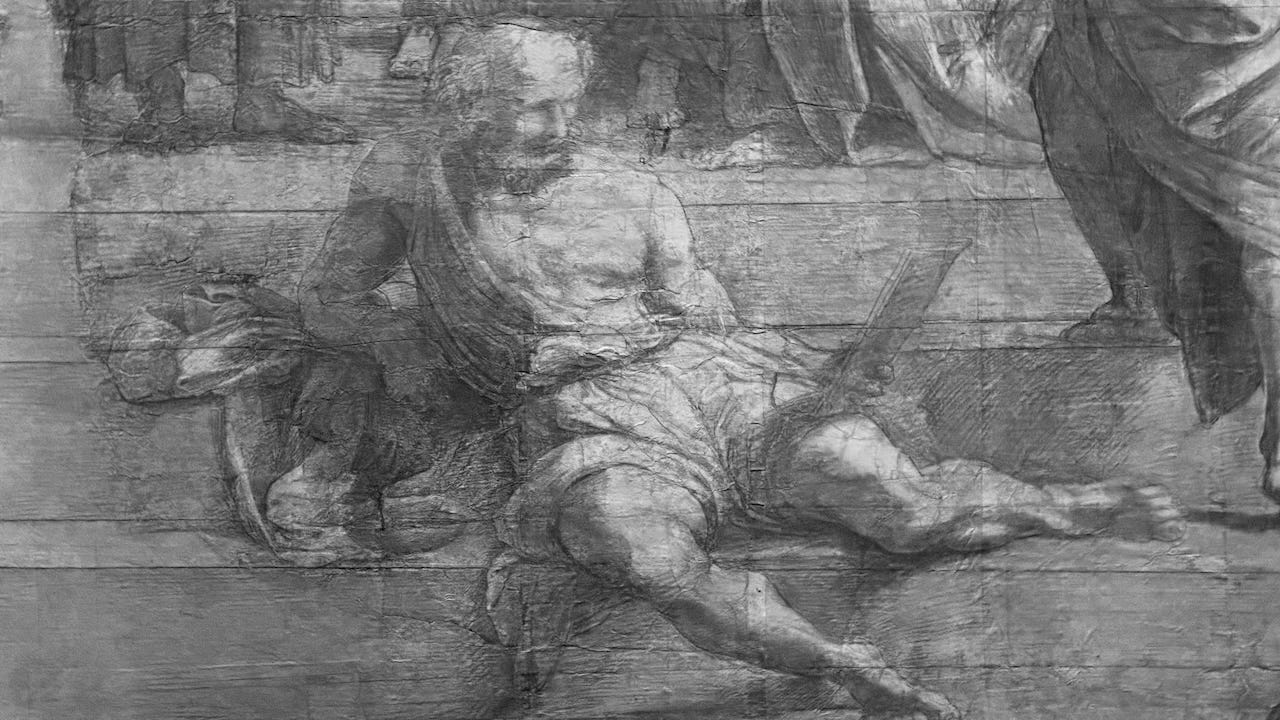Also See

Other projects that relate to use of AI dialogues for philosophy research or instruction (most recent first):
2025 custom version of ChatGPT by Bhavya G. Sharma.
“A GPT based on the works of Eric Schwitzgebel, Professor of Philosophy at UCR.”
2024 custom versions of ChatGPT by Martin Puchner.
“Time-travel to converse with philosophers” including Socrates, Nietzsche, Wittgenstein, and more.
2024 paper by Lucile Favero, Juan Antonio Pérez-Ortiz, Tanja Käser, and Nuria Oliver.
“While large language models (LLMs) are increasingly playing a pivotal role in education by providing instantaneous, adaptive responses, their potential to promote critical thinking remains understudied. In this paper, we fill such a gap and present an innovative educational chatbot designed to foster critical thinking through Socratic questioning.”
2024 online service introduced in a blog post by Peter Singer.
“Peter Singer AI is an advanced chatbot that facilitates meaningful ethical discussions. Drawing from my extensive body of work, it provides thoughtful responses and poses challenging questions to encourage users to reflect on their experiences and beliefs. Employing the Socratic method, this AI guides users through a process of critical thinking and self-examination.”
2024 online service by Nicolas Gertler and Rithvik Sabnekar.
“I'm an experimental pedagogical tool—empowered by Floridi's writings—designed to answer questions and write texts emulating Floridi's ways of thinking and his style of writing.”
Reviving the Philosophical Dialogue with Large Language Models
2024 paper by Robert Smithson and Adam Zweber.
“But LLMs also create a pedagogical opportunity. We propose that instructors shift the emphasis of their assignments from philosophy papers to ‘LLM dialogues’: philosophical conversations between the student and an LLM. We describe our experience with using these types of assignments over the past several semesters.”
2023 open-source project by Runzhe Yang and Karthik Narasimhan.
“The SocraticAI framework involves the participation of multiple language model-based agents in a Socratic dialogue aimed at solving a problem proposed by the user.“
Where you are now! This project, “explorations in computational philosophy via AI dialogues,” began in April 2023.
Digital Daniel Dennett (Digi-Dan)
2023 paper by Eric Schwitzgebel, David Schwitzgebel, and Anna Strasser.
“Can large language models be trained to produce philosophical texts that are difficult to distinguish from texts produced by human philosophers? To address this question, we fine-tuned OpenAI's GPT-3 with the works of philosopher Daniel C. Dennett as additional training data.”
Automatic Gadfly: Socrates by Machine
2020 blog post by CJ Blunt.
“Recently, I’ve been experimenting with creating philosophical work using massive machine learning language models such as GPT-2, sometimes prompted to adopt specific philosophers’ styles and sometimes just letting it run. I’ve generated essay text, clinical trial reports and aphorisms in different philosophers’ styles.”
Suggestions for additions to this list are welcome!
